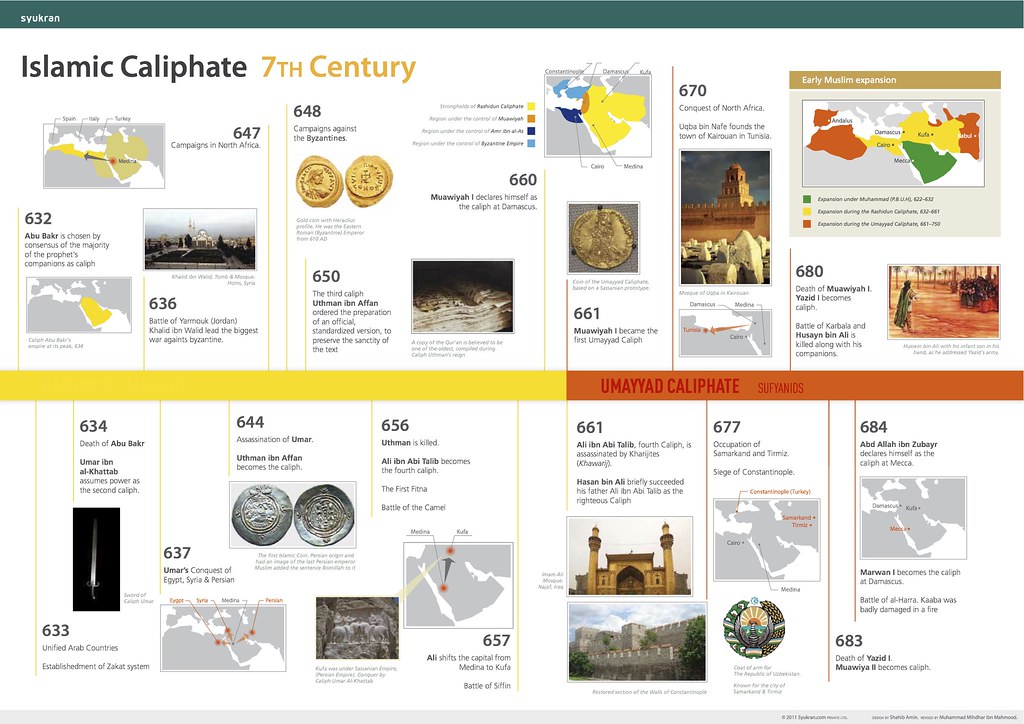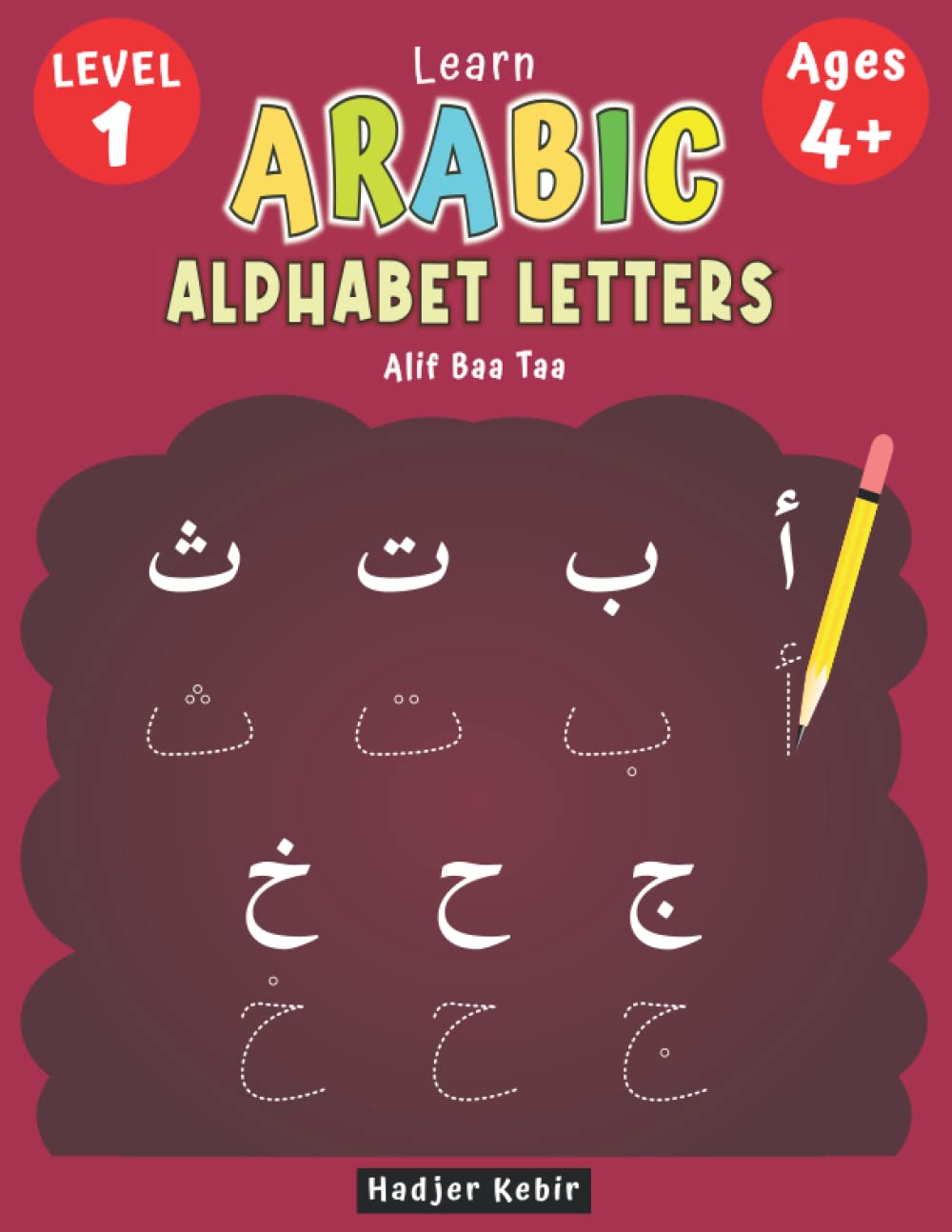In this article, we will explore the importance of responding to Ramadan Kareem and Mubarak greetings with respect and understanding.
Understanding the Origins of Ramadan

Understanding the Origins of **Ramadan** is essential to respecting the greetings of Ramadan Kareem and Mubarak. Ramadan is the ninth month of the Islamic calendar when Muslims around the world fast from sunrise to sunset. It is a time of reflection, **prayer**, and self-discipline. The origins of Ramadan can be traced back to the **Prophet** Muhammad, who received the first verses of the Quran during this month.
By acknowledging the significance of Ramadan, we show respect and understanding towards our Muslim friends and neighbors. Let us embrace the spirit of **peace** and **forgiveness** during this sacred time.
Exploring the Meaning of “Ramadan Mubarak”
“Ramadan Mubarak” translates to “Blessed Ramadan” and is used to convey good wishes for the holy month. Responding with “Ramadan Kareem” means “Generous Ramadan” and is another way to extend blessings. Both phrases show respect for the significance of Ramadan in Islam. It is important to reciprocate these greetings with **gratitude** and good intentions. During this month, Muslims focus on **faith**, **prayer**, **forgiveness**, and **peace**.
The Significance of Ramadan Greetings
When responding to Ramadan greetings such as “Ramadan Kareem” or “Ramadan Mubarak”, it is important to do so with respect and understanding. These greetings are a way to show **gratitude** and well wishes during this holy month of fasting for Muslims around the world. By acknowledging and reciprocating these greetings, you are showing **respect** for their faith and traditions. It is a simple gesture that can foster **harmony** and goodwill among different communities.
Alternatives to “Ramadan Mubarak”
Instead of saying “Ramadan Mubarak”, you can use alternatives such as “Ramadan Kareem”, “Happy Ramadan”, or “May you have a blessed Ramadan”. It is important to show respect and understanding towards the traditions and beliefs of others. Consider the significance of Ramadan as a month of fasting, prayer, reflection, and community. By acknowledging this, you are showing empathy and goodwill towards those who are observing this sacred time.
Greeting Etiquette During the Holy Month
When greeted with “Ramadan Kareem” or “Ramadan Mubarak”, respond with “Ramadan Kareem” or “Ramadan Mubarak” in return. This shows respect and acknowledges the importance of the holy month. It is also a way to extend well wishes to others during this special time.
Embracing Digital Ramadan Wishes
When receiving or sending digital Ramadan wishes, it is important to respond with respect and gratitude.
Social Impact of Ramadan Expressions
When responding to greetings like “Ramadan Kareem” or “Ramadan Mubarak,” it is important to show respect for the significance of the month. Acknowledge the good intentions behind these expressions and reciprocate with a warm response. Understanding the social impact of Ramadan expressions can foster a sense of community and unity among people of different faiths. By showing respect and appreciation for these greetings, you can contribute to a positive and inclusive environment during this sacred time.
Non-Muslims and Ramadan Greetings
When receiving Ramadan greetings from Muslims as a non-Muslim, it is important to respond with respect. You can simply reply with “Thank you” or reciprocate the greeting by saying “Ramadan Kareem” or “Ramadan Mubarak”. Acknowledge the significance of the month to the person greeting you, even if you do not observe Ramadan yourself. By showing respect and understanding towards their beliefs, you can foster positive relationships and promote harmony within your community.
Reflecting on the Essence of Ramadan
When responding to the greetings of Ramadan Kareem and Mubarak, always remember to show respect and appreciation for the significance of this holy month in Islam. It is a time of reflection, discipline, and spiritual growth for Muslims around the world. By acknowledging and respecting the essence of Ramadan, you are showing empathy and understanding towards the beliefs and practices of others. This simple act of kindness can foster harmony and unity among different communities.
Let’s embrace this opportunity to learn from each other and promote mutual respect during this special time. Ramadan Kareem and Mubarak to all who observe this sacred month.
Emphasizing Diversity in Ramadan Celebrations
Emphasizing diversity in Ramadan celebrations means recognizing the various ways different cultures and communities observe this holy month. When responding to greetings like “Ramadan Kareem” or “Ramadan Mubarak,” it’s important to show respect by acknowledging and appreciating the diverse traditions and practices that exist within the Muslim community. By embracing this diversity, we can foster a greater sense of unity and understanding among individuals of all backgrounds. Let’s celebrate the richness of our differences and come together in the spirit of inclusivity during this special time.
The Islamic Perspective on “Ramadan Kareem”
During the holy month of **Ramadan**, Muslims greet each other with phrases like **”Ramadan Kareem”** and **”Ramadan Mubarak”** as a gesture of goodwill and blessings. The phrase **”Ramadan Kareem”** translates to “Generous Ramadan”, reflecting the belief that this month is a time of generosity, blessings, and forgiveness. It is important to respond to these greetings with respect and gratitude, acknowledging the significance of the month for Muslims. By reciprocating with phrases like **”Thank you, and Ramadan Kareem to you too”**, one can show understanding and appreciation for the Islamic perspective on this sacred time.
Ramadan Kareem: Acceptable or Not?
When it comes to the greeting “Ramadan Kareem,” some people debate its acceptability within Islamic traditions. While some believe it is a kind wish for a generous Ramadan, others argue that it may not be the most appropriate phrase to use. It is important to approach this topic with respect and understanding for different viewpoints. Consider the intentions behind the greeting and how it may be perceived by others. Ultimately, the most important thing is to show kindness and respect during this sacred month, whether you choose to use “Ramadan Kareem” or “Ramadan Mubarak.
” Respect for others’ beliefs and traditions is key to fostering harmony and understanding in our diverse world.
Prescribed Wishes for a Blessed Ramadan
During the holy month of Ramadan, it is important to respond to greetings like “Ramadan Kareem” or “Ramadan Mubarak” with respect and sincerity. Expressing well wishes for a blessed Ramadan is a common practice among Muslims, so it is important to reciprocate with kindness.
Celebrating the Quran During Ramadan
During Ramadan, Muslims around the world celebrate the Quran, which is considered the holy book of Islam. It is a time to reflect on the teachings and guidance found within its pages. When someone wishes you “Ramadan Kareem” or “Ramadan Mubarak,” it is a sign of respect and goodwill. Responding with “JazakAllah Khair” or “Thank you, may God bless you too” is a common and respectful way to reciprocate the sentiment. Show appreciation for the gesture and embrace the spirit of unity and kindness that Ramadan brings. Let us all strive to deepen our understanding of the Quran and grow closer to God during this sacred month.
Congratulatory Messages for the Month
When sending congratulatory messages for the month, remember to keep them respectful and sincere. Use phrases like “Ramadan Kareem” or “Ramadan Mubarak” to show your understanding and respect for the significance of the month. Consider adding a personal touch by mentioning how you hope this month brings blessings and happiness to the recipient. Keep in mind the importance of sincerity and authenticity in your message, as insincerity can come across as hypocrisy.
Articulating Joyous Ramadan Wishes
May your Ramadan be filled with blessings and peace. Let us strive to embody the teachings of the Prophet and spread love and kindness during this sacred time. Ramadan is a time for self-reflection and spiritual growth, so let us embrace it with an open heart and mind.
Responding to Greetings in Arabic

When someone wishes you “Ramadan Kareem” or “Ramadan Mubarak”, the appropriate response is to reciprocate with well wishes. You can simply reply with “Kullu ‘am wa antum bi-khair” which means “May you be well every year”. This shows respect and acknowledges the greeting. Another common response is “Jazak Allahu Khairan” which means “May Allah reward you with goodness”.
It is important to respond with kindness and sincerity, reflecting the values of Islam such as *contentment* and *hope*. By exchanging respectful greetings, you contribute to a positive and harmonious atmosphere during the holy month of Ramadan.
Embracing the Quran: A 30-Day Journey
As we embark on a 30-day journey of embracing the Quran during Ramadan, it is important to respond to greetings of Ramadan Kareem and Mubarak with respect. This is a time of reflection, prayer, and self-discipline for Muslims around the world.

